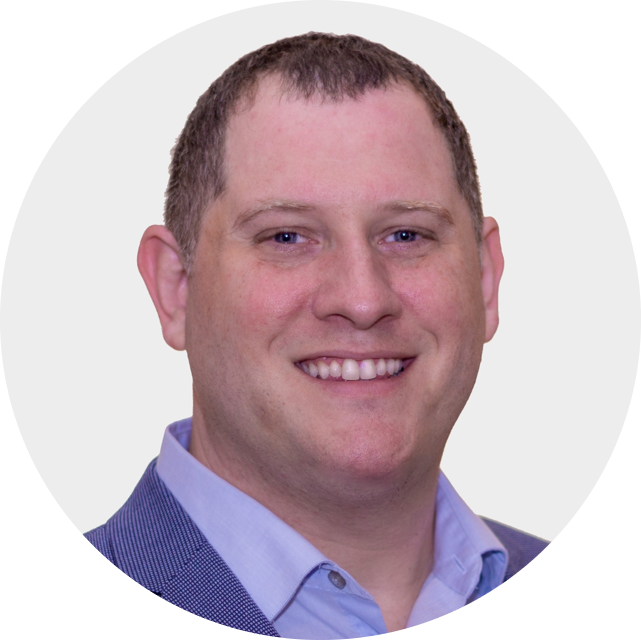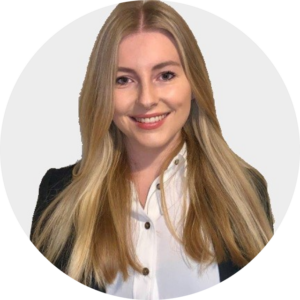Podcast: Special Topic Episode – World Chemical Forum Wrap Up

Podcast by

Pablo Giorgi
Global Olefins

Luka Powell
Financial & Capital Markets
Our podcasts are available on all leading platforms including SoundCloud, Spotify & Apple.
Luka Powell (00:19):
Welcome to The Olefins Weekly Wrap Up. Today is Friday September 15, and I’m your host, Luka Powell.
Pablo Giorgi (00:26):
And I’m Pablo Giorgi.
Luka Powell (00:28):
And together as Chemical Market Analytics, we recap the top events moving the ethylene and propylene markets over the past week. The design of this podcast is to complement the content from the North America Light Olefins weekly service, otherwise known as the NALO Weekly. So what’s going on this week, Pablo? It’s been pretty quiet in London this week.
Pablo Giorgi (00:50):
I haven’t been doing anything other than work this week, with it being the most important week of the year: The World Chemical Forum!
Luka Powell (01:00):
I’ve definitely missed out by the looks of things. Could you fill me and our listeners in on what we missed?
Pablo Giorgi (01:06):
I can try, but you have to come next year. We had a great attendance and all the main market participants were there.
Luka Powell (01:15):
I have seen the agenda and there were so many interesting talks and events happening. What would you say the major themes are from the special topic segment?
Pablo Giorgi (01:24):
Yeah, sustainability obviously is a big theme still in the agenda. The industry is moving in that direction, lots of interesting initiatives, but as a society, we need to figure out in what direction we have with decarbonization going on, circular economy. All of those are important but in the end, we still need some policy definitions that can drive a lot of the change and also give some direction, some of the uncertainties.
So sustainability is moving forward but there are still a lot of unknowns. Some of the other things that were very strong and well attended – we had an Asia session, and not only it was crowded, but really us giving some perspective on what’s going on in Asia with demand, with the new plans, the new capacities who’s slowing down, who is running hard.
Pablo Giorgi (02:31):
A lot of people were very interesting. All eyes really were on Asia and what’s going on there. Ever more important, we had a logistics session especially after we had all those supply chain constraints during the pandemic and also as a result of the demand boom, after the pandemic. You know, I think companies started to realize how important it is, not only to have a well-functioning supply chain, but also to anticipate the bottlenecks potential issues to have a backup plan. And so, that was a very interesting session and very well attended as well. And last but not least, something that was a little bit new, although we have done it in the past but certainly with a very different perspective. And people loved it. We got a lot of very good feedback was a session on risk management especially now in such a volatile world.
We have volatility and uncertainty regarding feedstocks, energy, with energy transition with a lot of things going on and their geopolitics playing not only within the energy with OPEC+ and their decisions, but also in other aspects from armed conflict to political alignments. And I mean, so all these volatility and the necessity to have the flexibility to adapt and reduce the risks in your operations is really important. And it was a very well attended session and very good feedback on that.
Luka Powell (04:24):
I can imagine it sounds fascinating. So this was our first conference working with our new partners. What were the main takeaways from Oxford Economics and Rystad?
Pablo Giorgi (04:35):
Those are also very good sessions and they spoke mostly at our plenary session the second day where we laid the ground for what we did on the third day, which was a deeper dive into the different product chains of petrochemicals like olefins and polyolefins, aromatics, chlor-alkali and vinyls etc. And so when we were laying the ground, Oxford Economics, talking about the economy was very insightful. And they talked about everything from GDP growth estimates and forecasts to the risks of potential slowdown of the Chinese economy and what the impact is in terms of the change of demographics in China vs what’s going on in India vs what’s going on in the developed world in other countries. How that’s affecting GDP in the short, medium and long-term. So very, very interesting.
Also, something that people were very interested and some interesting insights on what people are calling the decoupling of the Chinese and US economies. I think they downplayed it a little bit. There’s no way we’re going to have complete decoupling, but they brought an interesting perspective, which is we’re going to see much more of a focused decoupling in some areas and how that might affect economic growth. For example, technology development etc. You know, the decoupling there is real, it’s happening and it’s happening fast in countries all over the world. Not only the US want to have their own development of new technologies from A.I to cheap manufacturing etc. So that aspect and how that’s going to affect trade and economic growth was an interesting perspective.
Pablo Giorgi (06:48):
From Rystad Energy, it was another very interesting presentation. They talked obviously about energy, crude oil, natural gas, feedstocks and the perspectives for that. But they brought a very interesting approach looking at different scenarios for energy transition. What do they mean in terms of the impacts for the industry, but also for the energy industry and for society as a whole. Are we going to meet the goals for temperature increase that we have? Are we going to have 1.5 degrees Celsius since before the industrial revolution to the year 2100, or are we going to have 1.6, 1.8, 2.1 etc?
And in each one of those scenarios, what is the impact that we’re going to have on energy efficiency, on production of crude and gas? I mean, really rich presentation, giving a lot of insights on all the moving parts and how they interact. And I think that’s very different. You know, typically you have one base case scenario and a bullish scenario and that’s it. And in this case, no, it’s really different scenarios with different perspectives because of different assumptions and what are the impacts on all of these factors. Very, very interesting.
Luka Powell (08:21):
Super interesting. And what about the chemical markets generally? What would you say are the major stories from this year?
Pablo Giorgi (08:30):
Well, the chemical markets are going through a trough and people and the different companies, different attendees want to know to what extent are we going through a trough? How long is it going to last? We have a lot of overcapacity, especially due to the new plants that are being built and starting up in Asia, mostly in China and the lagging demand. We’ve had a very good year generally in 2021 for the industry as there was a boom of demand after Covid, but last year demand growth was not good. This year we are also seeing some, a lot of bare sentiments in terms of demand growth and how is that going to evolve and what are the impacts and how can we get out of that of the trough?
Pablo Giorgi (09:36):
And are we going to have rationalization? How much, where are we going to have an unexpected booming demand? How can that happen? Is that going to happen? Or how are companies going to deal with the low margins over the next few years? Maybe we can have a little bit of everything at the same time, rationalization plus growth in demand. There’s an expected here or there. What are the sectors where we can have different dynamics? So very interesting discussions and I think very valuable for those that attended to understand the best strategy going through the trough.
Luka Powell (10:23):
And this is also our first conference under the Dow Jones umbrella. How is it working with our colleagues from Barron’s and the Wall Street Journal?
Pablo Giorgi (10:32):
Yeah that was a very pleasant surprise. I think both myself, the rest of the team running the conference, but also the feedback we got from our clients, from the attendees is that the speakers from the Dow Jones family were great. Even better than expected.
We had economists, specialists in energy, the chemical sectors, that write at Barron’s and the Wall Street Journal, and brought unique and very interesting analysis of our industry. It’s different from the typical speakers you have at the conference. They were both very eloquent because they work in media. So I guess that was kind of expected, but given some very interesting perspectives and I think that brought a lot to the discussion. It was great. I really look looking forward to their participation next year as well.
Luka Powell (11:30):
Well, it sounds like it was a fantastic event and I definitely missed out, so I’ll have to be there next year. And with that, let’s wrap up the Wrap Up. Save the date to join us next year at the World Chemical Forum in Houston from September 9-11.
Pablo Giorgi (11:47):
Don’t forget to subscribe to our podcast on SoundCloud, Spotify, or wherever you get your podcasts. And give us a like, or leave a review if you enjoy it. And if you have questions or want us to cover something more specific, you can send us an email. Until next time.
Save the date for next year’s event on September 9-11, 2024 in Houston!
